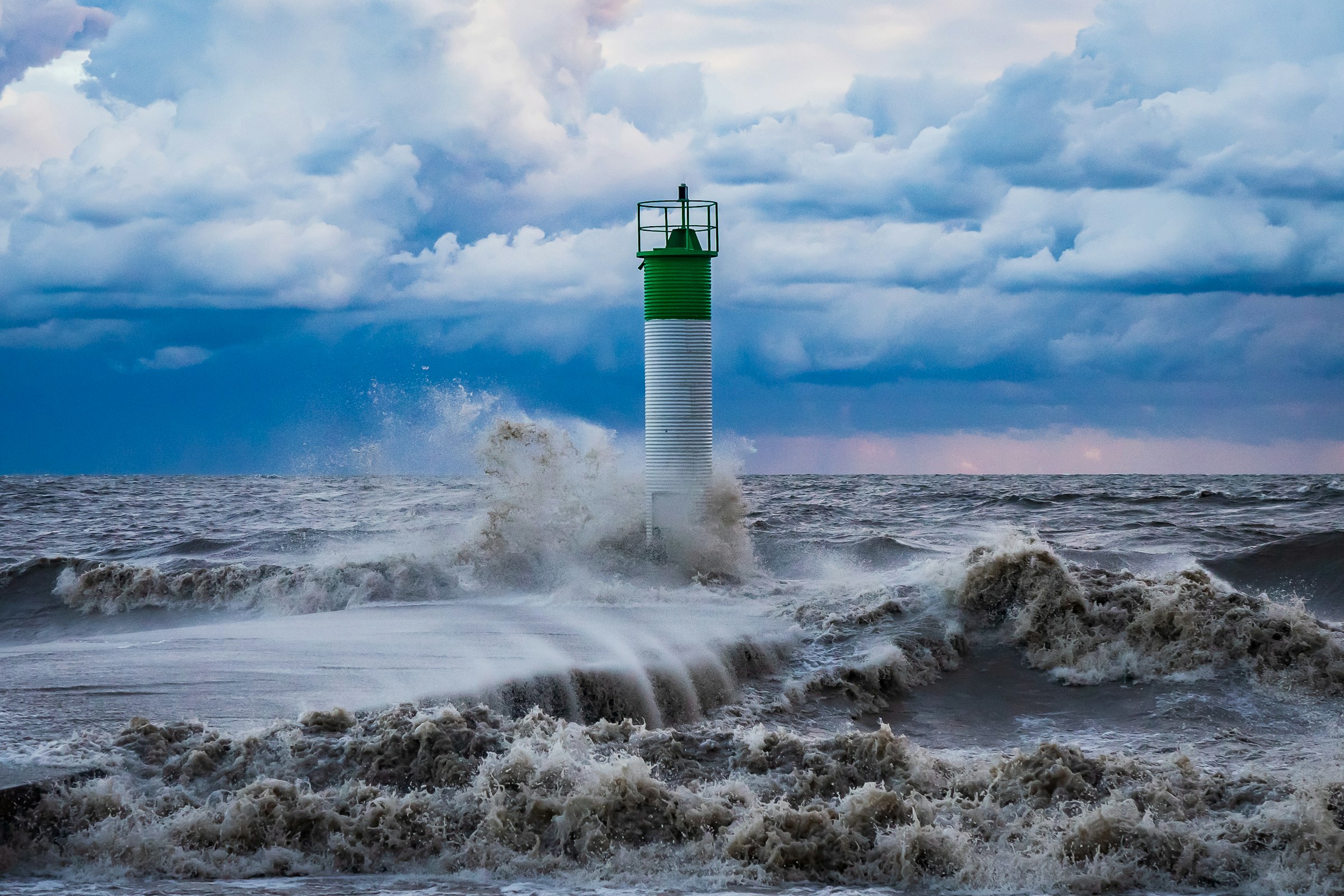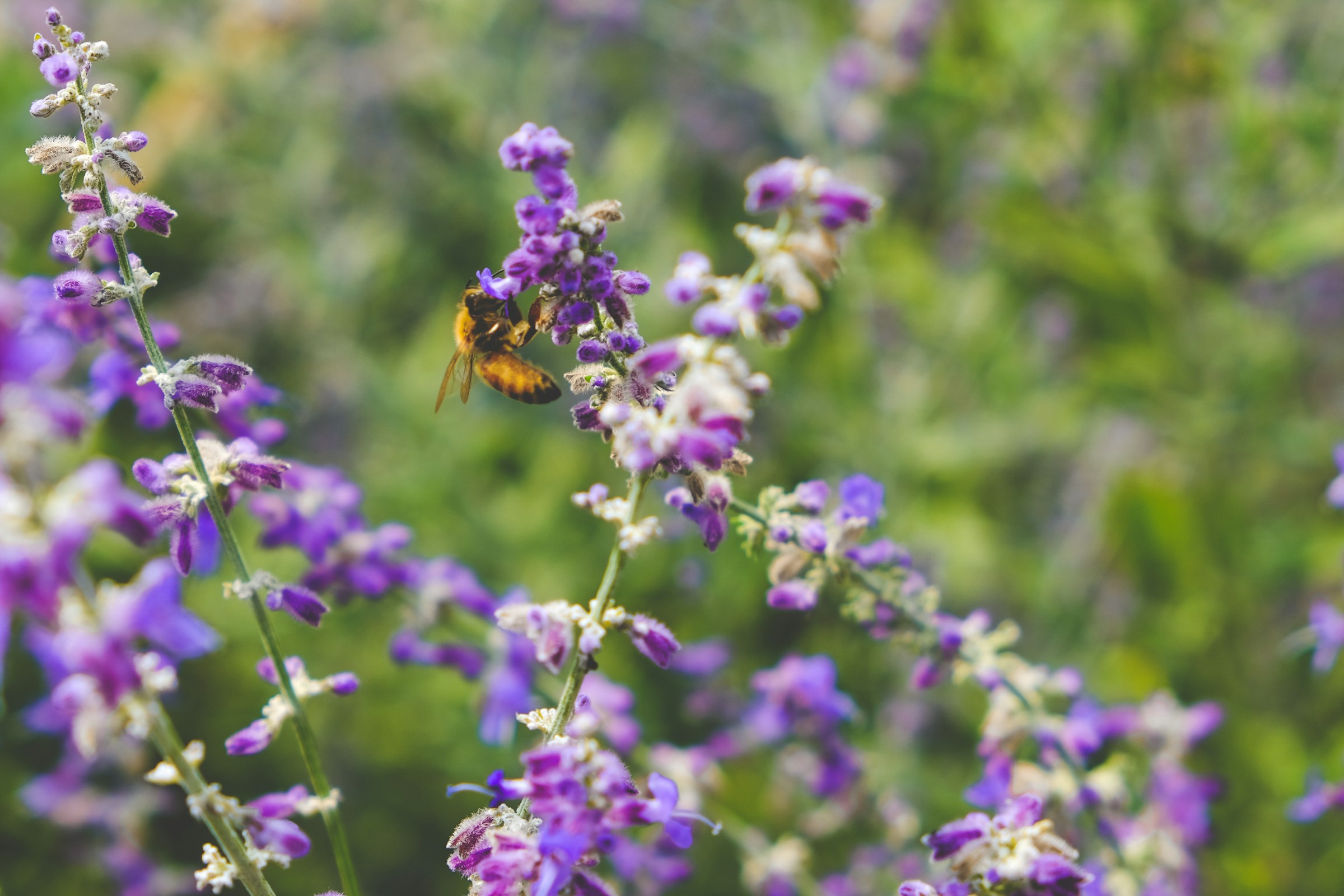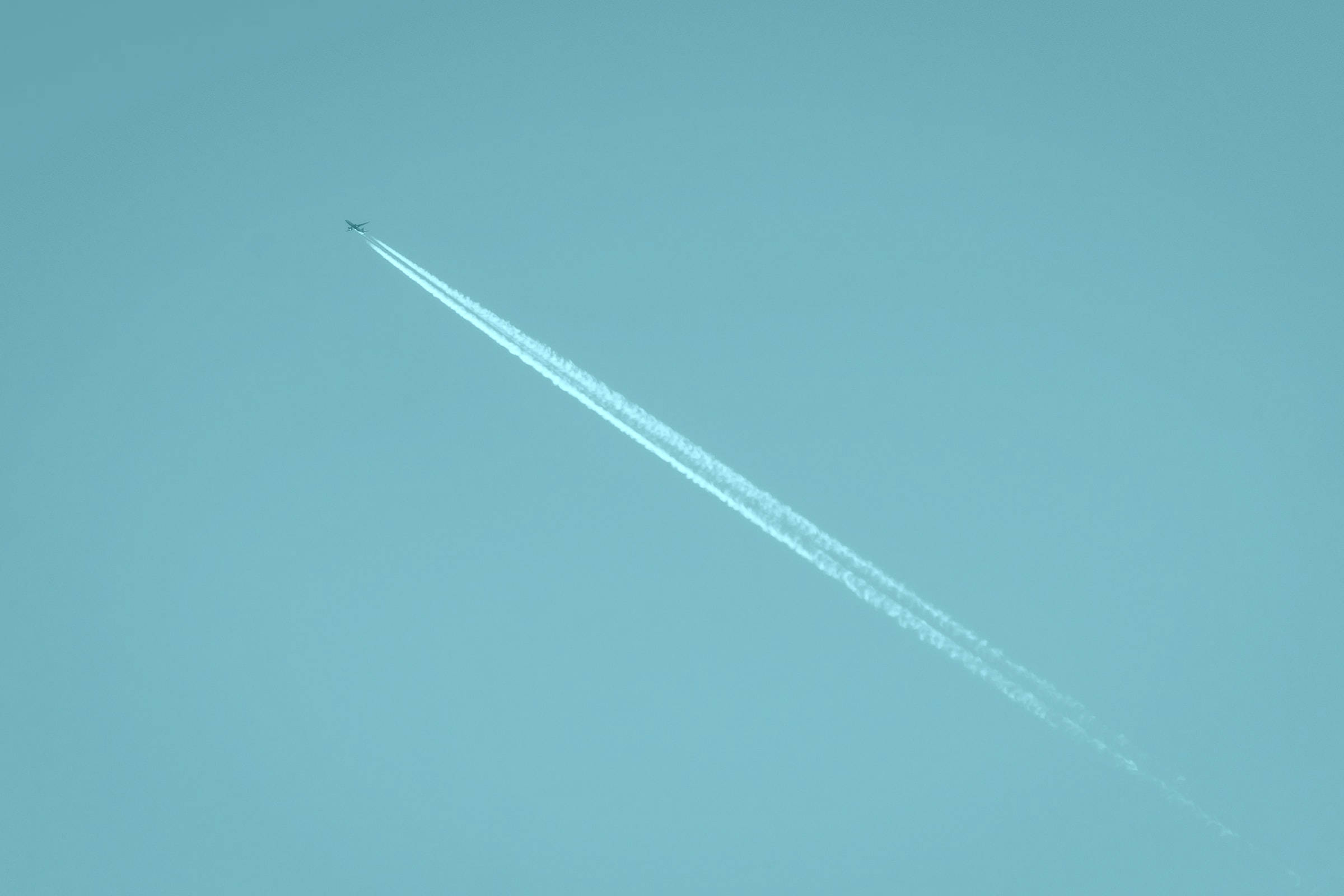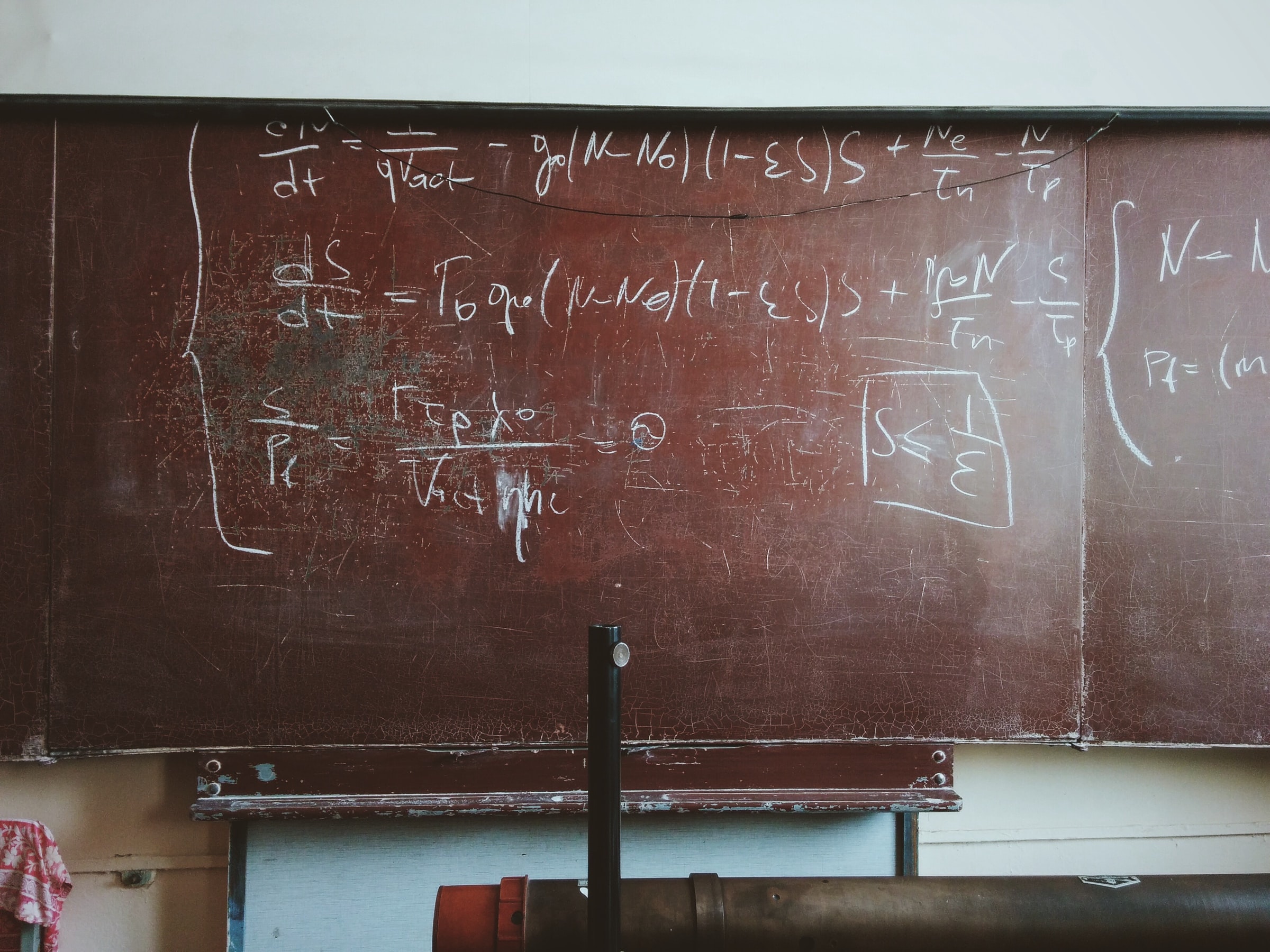Why do we enjoy podcasts? Podcasts offer a unique and flexible audio experience that is easily accessible and enjoyable to all.
They can provide in-depth discussions, expert insights, and unique perspectives that may not be available in other forms of media, creating an auditory connection between people from all over the world. The conversational nature of podcasts can make listeners feel more engaged in a broader conversation and find motivation and inspiration through stories and insights.
And they bring us back to orality, as Elisabetta Tola says, science and data journalist, and author of the Foresight – Deep into the Future Planet podcast. “The podcast stimulates our ability to pay attention to oral narration,” she says, to “the construction of narratives that are rigorous from scientific, historical, and political perspectives but central to which are us, the individuals.” In this interview she tells about her experience with the creation of a podcast that delves into climate stories through a forward-looking lens.
What was the podcast’s target audience and goal?
Seeing as the Climate Foresight magazine is the podcast’s host our idea was to make sure it appealed primarily to the magazine’s audience. On a practical note this obviously meant that the podcast would be in English rather than Italian, and I must say that I am very pleased with this decision, because the initial data shows that the podcast has been picked up in countries outside of Italy, and, most importantly, beyond Europe.
Our idea was indeed to speak to a broader global audience, including those areas of the world that are often left out from climate related discussions. We did our best to find voices that represent different places, and different worlds beyond that of formal science, including communities that sometimes do not receive adequate attention on traditional media platforms.
Our objective, therefore, was to approach the climate crisis from a future-oriented perspective, not just focusing on the present. We wanted to step away from the traditional dynamic of merely describing the climate crisis, which is already quite common. Instead, we sought to explore the developments and potential approaches to the crisis through the lens of the future. For us, this meant examining not only the solutions, but also the cultural attitudes and social elements required for meaningful responses to the climate crisis.
Right from the start, we aimed to create a podcast that intertwined voices from various scientific fields with people who work or are actively engaged in other aspects of the issue – from art and local activism, to economic and financial considerations, as well as policy-making, and so on.
Our top priority was to show, through this mix of voices, the complexity of the climate crisis and its systemic nature, impacting not only the natural and physical environment but also all areas of our experience. As we say in the final episode, “Every story is a climate story.”
If we were to characterize it from an editorial perspective, this is not just a science dissemination product. It’s also a collection of stories and a compilation of perspectives. What is their common thread?
They share several traits. One key element is that none of these voices express resignation – and this, I believe, is the central theme. The people we interviewed are all individuals who, at different levels, are working diligently and passionately to propose solutions and approaches to confront the climate crisis, with a focus on the well-being of future generations.
A negative aspect of how the climate crisis is sometimes portrayed is that the emphasis is often on the present and the past. While it’s essential to assess responsibilities and understand the processes that led to the current situation, it’s equally crucial to look ahead, perhaps even more so, and address the intergenerational injustice we have generated.
We must consider the perspective of today’s youth, as they are the ones that will have to face and manage what the future has in store. This common feature was evident in all the voices we heard, in the viewpoints they shared, and the work they presented: none showed resignation or the belief that it’s too late to act.
While it is indeed late to return to a pre-1990s situation within our lifespan, it’s not too late to seek new forms of equilibrium that are compatible with the well-being of future generations.
From the interweaving of these stories and perspectives, deeper and cross-cutting issues emerge. How important is it to have an intersectional narrative?
I think it’s crucial. The key point is that the climate crisis is a systemic crisis, and it’s also the result of a colonial approach to the world. In particular, we Europeans have traveled around the world, devastating environments, communities, societies, claiming superiority in science, culture, and so on. While this is true from a traditional colonial perspective, it also manifests as an attitudinal and cultural colonialism, where, even today, we still think that we must bring solutions to the rest of the world, that we know what’s right, and that we must explain to others how to run democracies, manage the environment, and respect rights, often with little humility and little attention to what other cultures and populations worldwide can contribute.
I find it fascinating that currently many countries that contributed the least to the climate disaster are often the ones at the forefront of finding solutions. For instance, certain African countries are making great efforts towards soil regeneration, reforestation, and education to create a population capable of having a sustainable approach to development and the economy.
I recently read an intriguing article showing how many countries in the Global South are heavily indebted to major international institutions, making it more challenging for them to pursue sustainable policies and an energy transition, rather than capitalizing on their abundant natural resources, which generate secure markets, profitability, and profit.
This highlights the importance of integrating different dimensions and perspectives, because the climate crisis is the result of a predatory approach to development based on the idea of colonizing the environment, other people, and their valuable resources. I must say that I find this multi-layered reflection engaging, as it urges us to contemplate the underlying dynamics that have contributed to creating such an inequitable situation.
How important was it to give a wide variety of individuals a voice so that they can tell a collective and global story?
I am convinced, and I always like to emphasize, how even a single person can radically change a piece of history. Some of the voices we interviewed are central figures in their communities and hold significant influence. So, yes, there are individual voices on our podcast.
However, it’s crucial to highlight that even though individuals can at times disrupt a narrative, we must be very careful not to place the responsibility of solving such a large scale problem entirely on their shoulders. The climate crisis will never be resolved solely through individual behaviors and efforts. There must be strong pressure on political systems at the international, national, regional, and local levels to drive the necessary transitions and change how we relate to the world, produce, and work in harmony with the environment. Similarly, there must be pressure on the industrial and financial systems to force major players to have no alternative but to adopt such policies.
On the other hand, it’s certainly more feasible to have policy geared towards responding to certain needs if citizens strongly demand it. Therefore, individuals alone will not solve the climate issue, but they can certainly play a significant role within their communities, working towards building a shared culture that exerts pressure on decision-makers.
This podcast discusses climate change and is produced by a research center. Does this make it a scientific podcast?
No, it’s a journalistic podcast, and I want to emphasize that. I am extremely happy to have had the opportunity to bring together FACTA, Foresight, and the CMCC, because we did not want it to be a podcast that somehow reflects the scientific view of an institution.
It’s a journalistic podcast that aims to narrate, through journalistic language, a piece of science. However, as mentioned, it’s a kind of science deeply connected to social and contextual reality. And this is how I would like scientific journalism to be: a form of journalism first and foremost.
What do you like about podcasts as a format for scientific journalism?
I enjoy storytelling, in general, and it’s incredible how we have returned to orality. The podcast stimulates our ability to pay attention to oral narration. Having spent so much time working in radio, orality remains the number one form of communication for me—the construction of narratives that are rigorous from scientific, historical, and political perspectives but central to which are us, the individuals.
We are people who act not solely based on scientific protocols but also based on political visions and strong convictions about how we want to see the future of our children and how we want to see the environment managed in a way that’s compatible not only with our lives but also with the lives of other species. The podcast appeals to me because it allows us to explore all these dimensions, to dive into multiple levels of reasoning.
The process of listening is rarely linear, and in this sense, the podcast format is powerful because it gives us time to let thoughts settle, allowing enough mental space for reflection.
What was the most challenging aspect of creating this podcast, and what was your favorite part?
I must say that the most challenging part was finding interviewees and getting responses from them. It seemed that as everything resumed after the pandemic, people were experiencing an overload of commitments due to the return to normalcy. Everyone was busy, and it was challenging to keep up with the pace of resuming usual activities.
However, this was also the most rewarding aspect because it led us to work even harder and dig deeper. In the end, the people we worked with were only half of those we initially imagined. We had to conduct even more extensive research, which led us to find extremely interesting and diverse individuals who may not have been initially considered by following more conventional leads.
This is the part I enjoyed most, and it’s what gives the podcast a true element of originality: we decided to give ample space and voice, while carefully balancing gender, age, location, and perspectives, to people that are rarely represented at the tables of the major world players. Bringing forth these voices, allowing them all to interact on equal footing, is in my opinion one of the most beautiful achievements of the Deep into the Future Planet podcast.
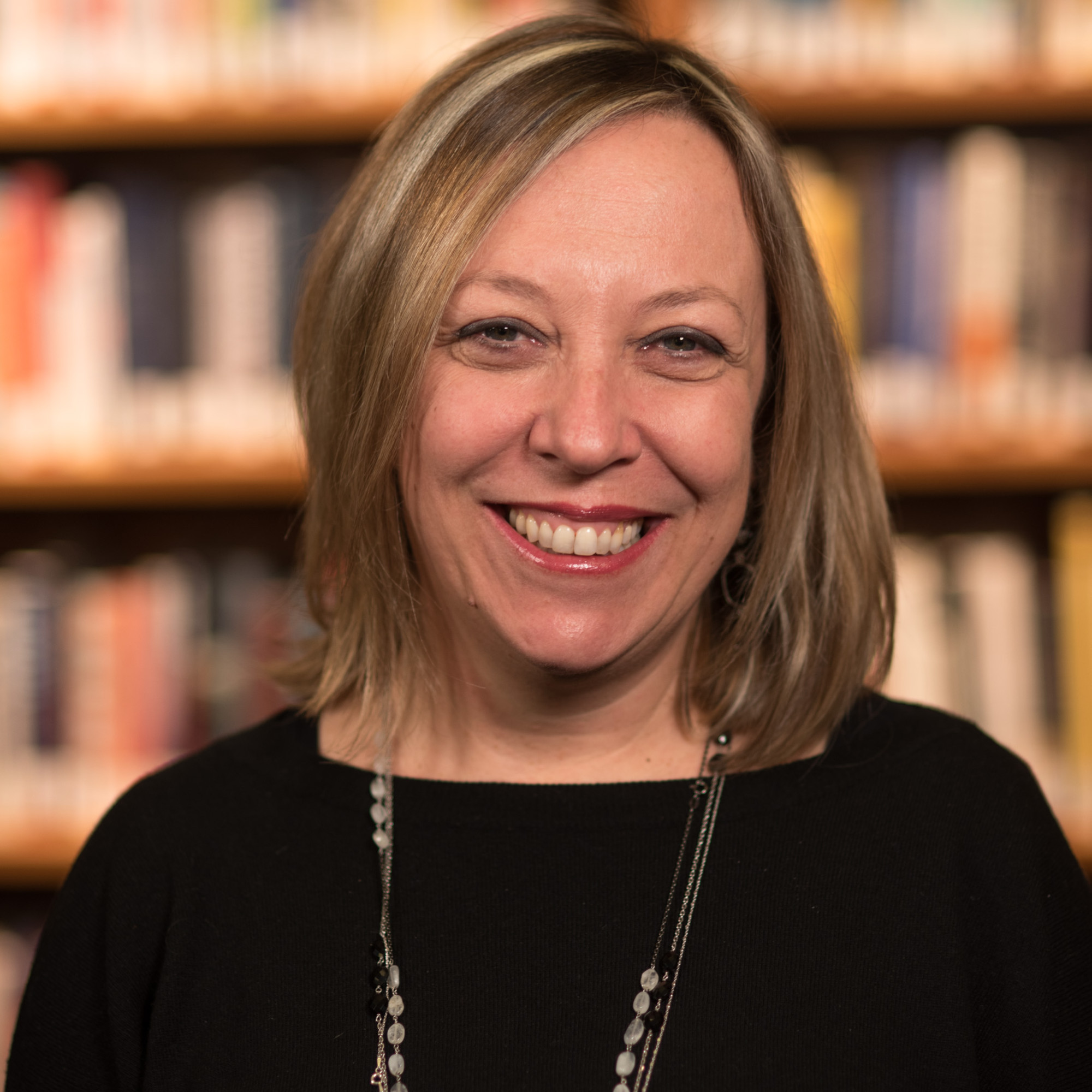 Elisabetta Tola is a science journalist and data journalist. She is a Tow-Knight fellow (2019 Graduate School of Journalism) and holds a PhD in Microbiology. She is the editor-in-chief at Il BO Live and host of Radio3Scienza on RAI Radio3. Elisabetta is the co-founder and CEO of the science communication agency formicablu and the independent non-profit journalism project Facta.eu. She is a media trainer and teaches digital, data, and AI science journalism at the Master in Science Communication at SISSA, Trieste. She coordinates the European research project ENJOI on the quality of science journalism and communication.
Elisabetta Tola is a science journalist and data journalist. She is a Tow-Knight fellow (2019 Graduate School of Journalism) and holds a PhD in Microbiology. She is the editor-in-chief at Il BO Live and host of Radio3Scienza on RAI Radio3. Elisabetta is the co-founder and CEO of the science communication agency formicablu and the independent non-profit journalism project Facta.eu. She is a media trainer and teaches digital, data, and AI science journalism at the Master in Science Communication at SISSA, Trieste. She coordinates the European research project ENJOI on the quality of science journalism and communication.
Elisabetta is a co-author of international multimedia projects, data journalism, and podcasts – including “Foresight – Deep into the future planet,” in collaboration with CMCC, and “Oltrenatura,” in collaboration with Festivaletteratura di Mantova. She authored the manual “Driving scientific research into journalistic reporting” (Lookout station project – European Forest Institute, 2018), “Making sense of science stats” (KSJ science editing handbook, MIT 2020), and co-authored “Semi ritrovati. Viaggio alla ricerca dell’agro-biodiversità” (Codice Edizioni 2020).



